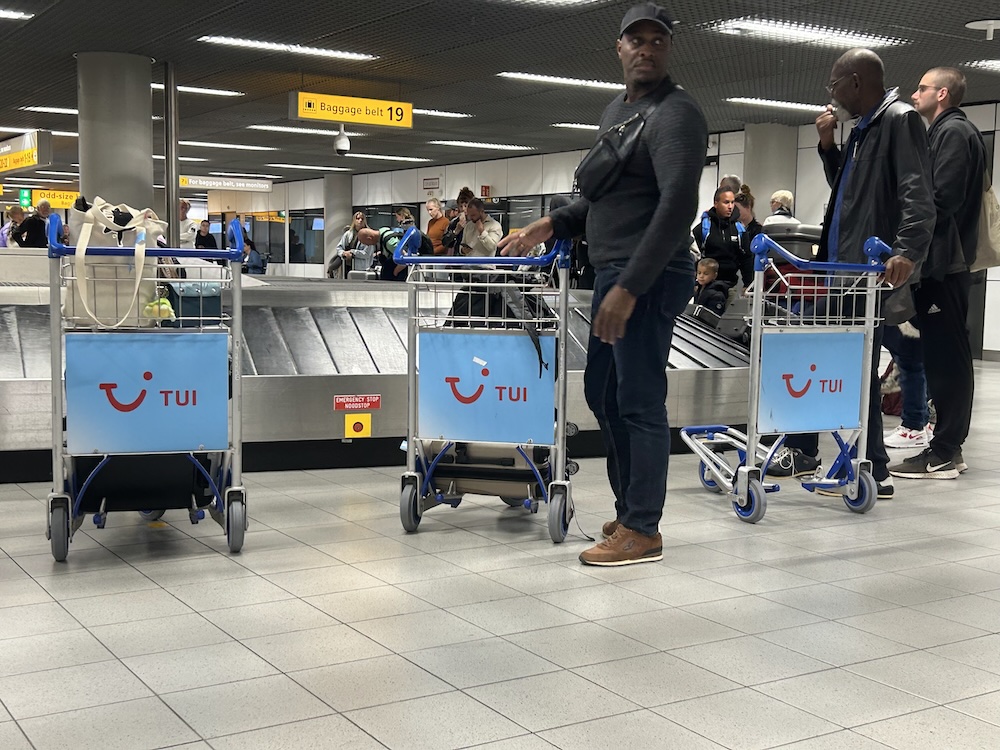TUI is taking steps towards culturally aware tourism.
Following recent controversy, TUI, one of the world's largest travel companies, has made significant changes to the descriptions of some historically charged travel destinations. These changes are a direct response to the strong criticism the company received after the publication of a recruitment text for a tour of Suriname that was considered insensitive.
The reason for the changes was a text that used phrases such as “step in the shoes of our brave ancestors” when describing a visit to the historic Peperpot plantation. Other passages invited travelers to “taste the atmosphere of the plantations” and emphasized that “people have the nicest conversations here on the historic plantations, in Dutch of course”. These word choices were seen by many as a trivialization of the painful history of colonization and slavery in Suriname.
After the criticism, TUI responded quickly by adjusting the relevant texts and openly apologizing. The company also promised a thorough revision of all recruitment texts, a project that has now been completed. This revision included replacing terms such as 'colonial building' with 'historic building', and changing 'Indians' to 'indigenous people'. These terminological adjustments are intended to show greater respect for the cultural and historical nuances of the locations described.
“It was a careful process involving various colleagues and departments over the past few weeks,” a TUI spokesperson explained to the media. The company emphasizes that it takes its responsibility to use an inclusive and respectful approach to travel descriptions.

Tourism and culture experts emphasize the importance of using language that not only recognizes the rich history of a place, but also treats the painful parts of it with respect.
An Instagram user had a screenshot of the text on it platform and that led to indignant reactions. The criticism on TUI underlines a broader debate about the responsibilities of travel companies to deal sensitively and correctly with historically complex locations.
This incident and subsequent adjustments demonstrate that even routine aspects of tourism promotion, such as copywriting, are important and require careful management. By ignoring sensitivities, companies can inadvertently contribute to the perpetuation of outdated and sometimes hurtful perspectives.
TUI's move can be seen as a major moment in the travel industry that may set the standard for how companies worldwide deal with such issues. It signals a growing awareness within the industry that respect and accuracy are essential when exploring and promoting global destinations




